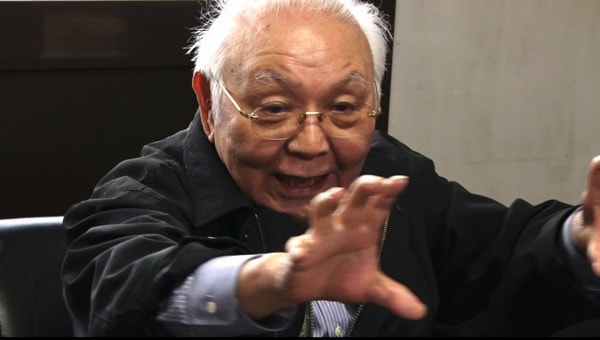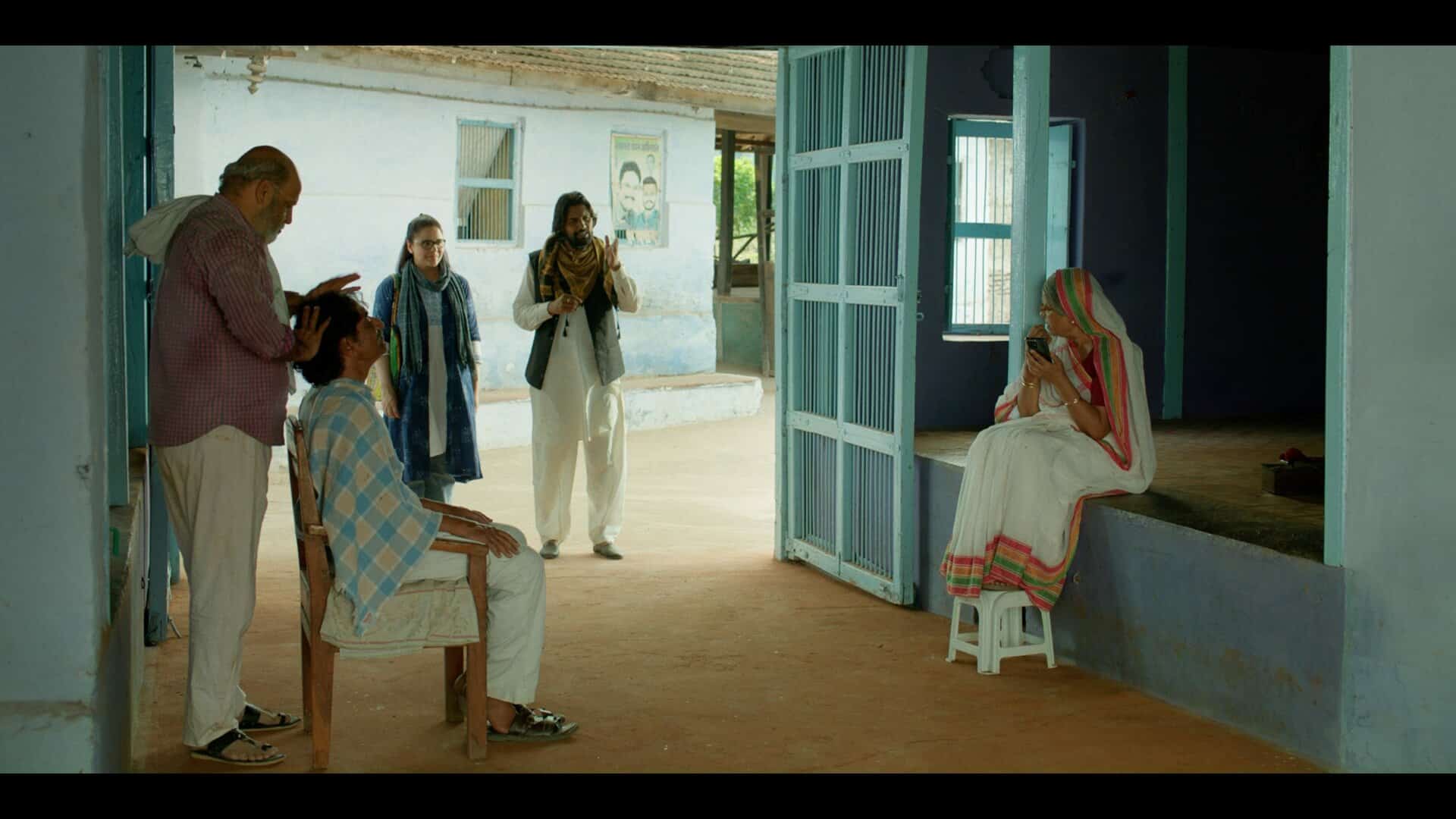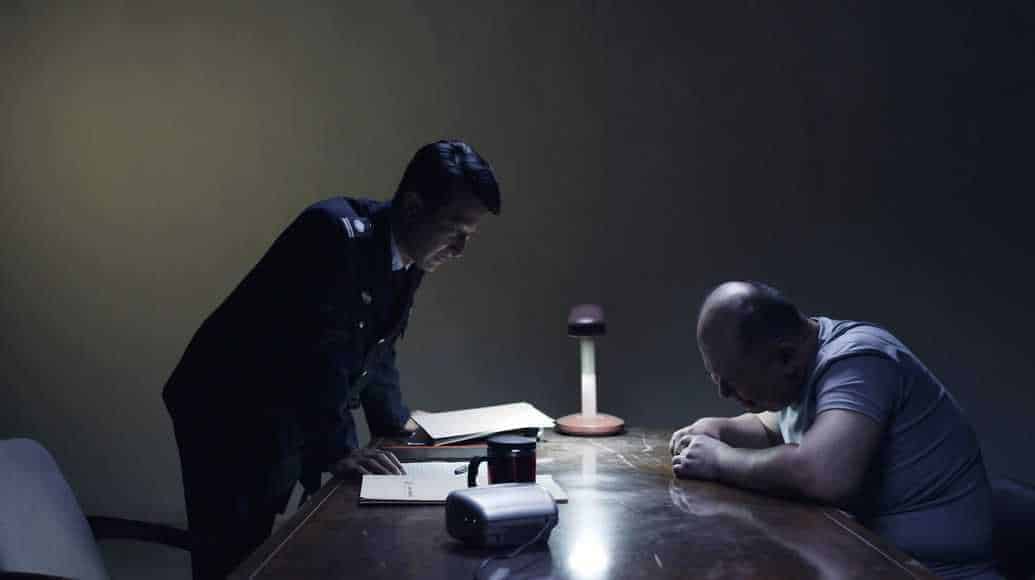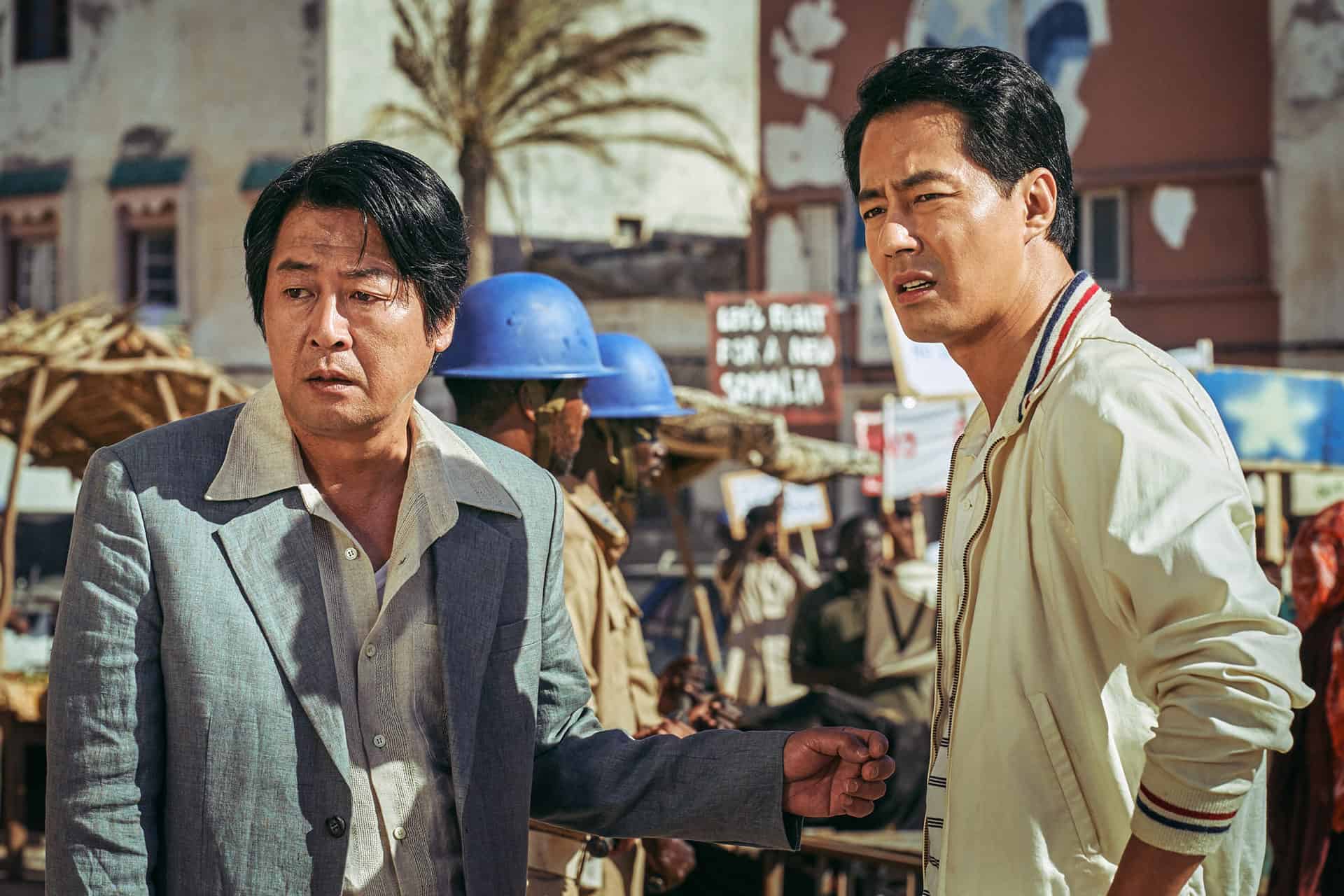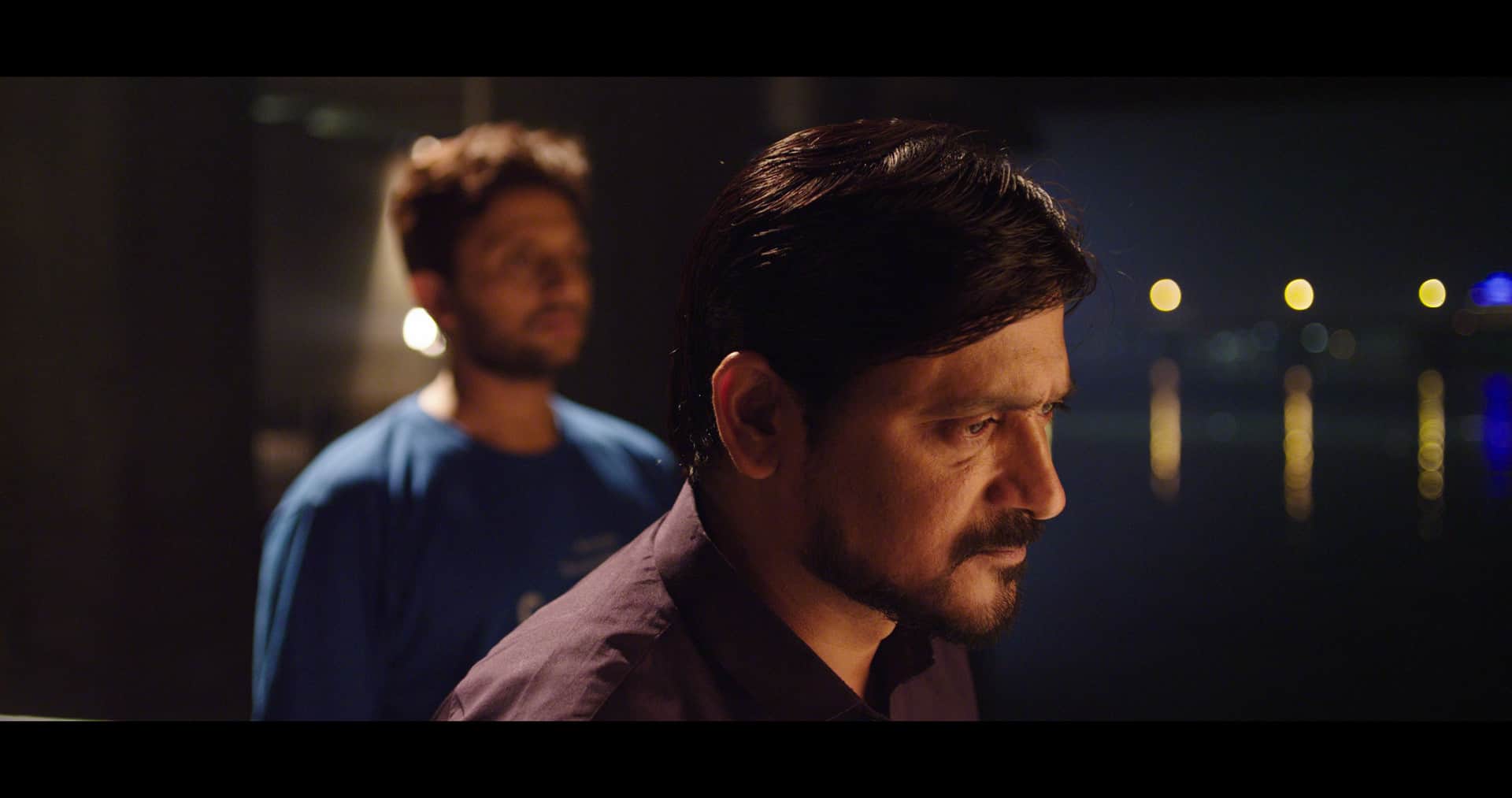Apparently, “retirement” is not part of Sadao Nakajima's vocabulary. Reaching the age of 83, the veteran director started the shooting of “Love Twisting Path” in 2018. To this point, it has been 10 years since he made his last film (more than 60 in total). Tatsuya Matsubara follows the shooting and creates a half making-of, half biography kind of documentary and shines a light on the private and professional life of the legendary filmmaker.
YU-GEKI ~side story of “Love Twisting Path”~ is screening at Osaka Asian Film Festival
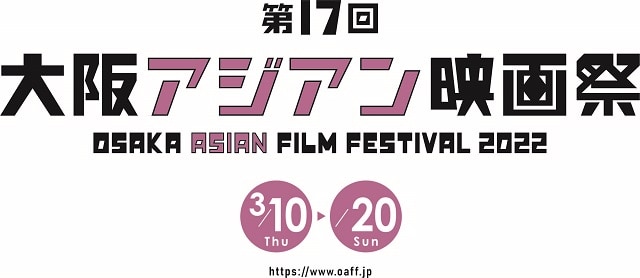
Archive footage like photagraphies and video excerpts as well as valuable testimonies from colleagues, well-known movie figures (e.g. Seizo Fukumoto, Kengo Kora), and his son, draw an overall picture of Nakajima's career. Known for his samurai and yakuza dramas, Nakajima based his career on the grounds of Toei Studios in Kyoto and is one of the last relics from the golden age of Japanese film. Therefore, he sees himself obliged to resurrect the declining genre of jidaigeki and chambara (so-called sword-fighting genre). Focused on local branding by using the trademark shrines and temples of Kyoto, he goes on location scouting and visits the actors at the dojo, carefully putting all the right ingredients together.

In intimate home sessions with his crew, Nakajima cooks and is eager to pass on his knowledge of directing. Here, Nakajima “the teacher” is omnipresent and the driving force behind his work. The documentary explains his motivation very deeply and shows that he feels a certain responsibility towards a new generation of filmmakers, that he wants to inspire. Respect, graditute and an open mind are the values that Matsubara captures from these sessions.
It becomes obvious that the documentary is about an attitude towards life and the relationship between young and old people. It excels a simple making-of or biography but gives an account of a striving wise man, who wants to save the film industry of his hometown by recruiting a foundation to continue his heritage.
Sadly, Matsubara needs about 30 minutes to get to this important point. The first third only hints at Nakajima and fails to keep interest in his personality or work, which makes it difficult for the unexploited viewer, who is not familiar with his oeuvre. After getting through the beginning, it is even more rewarding and the direction of the documentary widens to a more universal understanding. In the end, filmmaking is not about commercial success. The share of values and advices that can be found on screen as well in the intention of the ones, who created it, are worth the effort and are the real treasure of cinema. Sadao Nakajima himself and Matsubara understand this important aspect, which is essential for the survival of traditional genres like chambara to find their audience.


